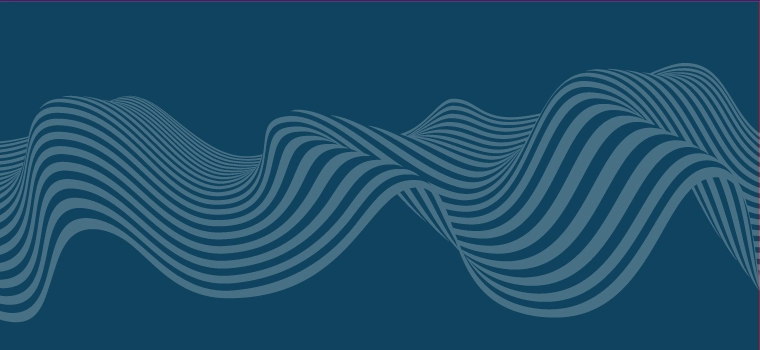
“I never imagined I’d be stepping into professional sport straight out of uni. It's an achievement I’m very proud of.”
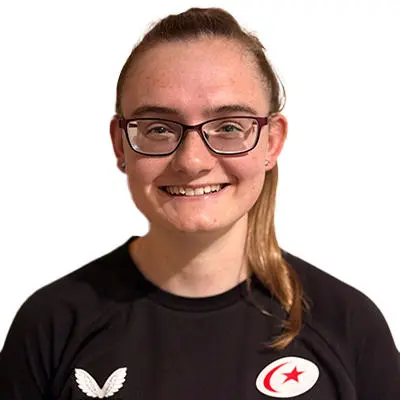
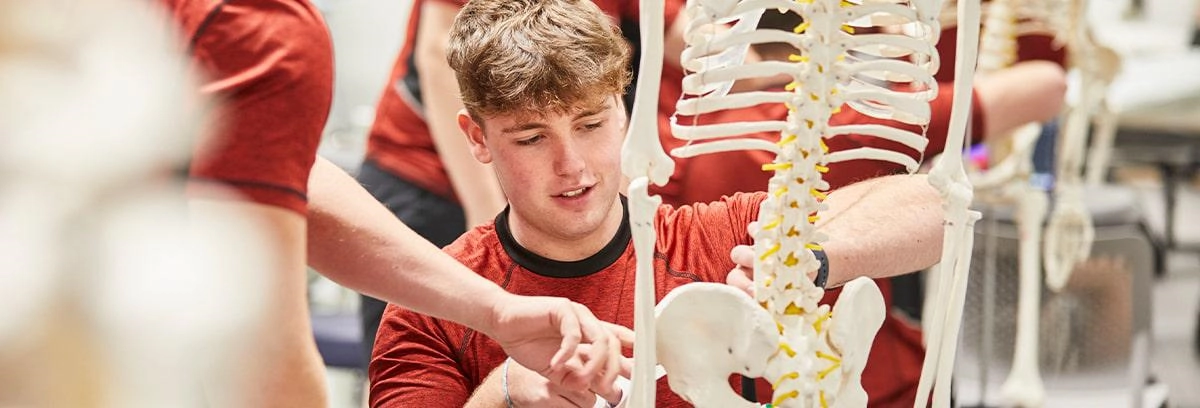
Unlock your potential in sport and exercise therapy with our accredited degree. Gain hands-on experience through placements with the NHS and elite teams. Help patients recover and reach peak fitness.
Contact international admissions
Email: Call:Solent’s Society of Sports Therapists accredited BSc (Hons) Sport and Exercise Therapy degree develops skilled, autonomous practitioners ready to work with athletes, sports teams, and in broader musculoskeletal care. From day one, you’ll gain hands-on experience in clinical assessment, treatment, rehabilitation, and exercise interventions, building practical expertise in anatomy, physiology, biomechanics, pathology, and sport science.
Taught by academics with vast industry experience in clinical and research settings, the programme blends expert teaching with real-world application. You’ll critically evaluate assessment techniques, design evidence-based treatment plans, and deliver exercise interventions for injury prevention, performance enhancement, and rehabilitation. The course also develops acute care skills for pre-hospital emergency settings mapped to industry specific qualifications.
Placement opportunities are embedded throughout the course in professional sports clubs, elite teams, international competitions, NHS and military settings, and sporting events. The course is CIMSPA endorsed and modules are mapped to industry recognised fitness qualifications. Combined with the FA trauma course we aim to enhance your employability on graduation and help you build a strong, career-ready CV.
Communication, leadership, and reflective practice are central to the programme. You will learn to work effectively in multidisciplinary teams, develop professional autonomy, and apply contemporary research to support safe, evidence-based care. This focus on professional skills ensures you are prepared to meet the high standards of The Society of Sports Therapists.
If you’re looking to study our sport and exercise therapy degree but don’t have the relevant qualifications or experience, the sport foundation year will help you develop the core skills and knowledge to progress. Find out more about the sport foundation year.
This course also offers the option of a placement year. A placement year allows you to put what you've learned in your first and second years into practice in the workplace, gaining valuable real-world work experience before you graduate. Our course and placements teams will help you find the perfect industry placement in your chosen field.
Accredited by:
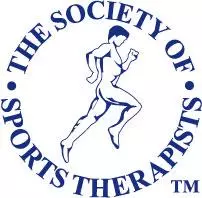
Recognised by:

Industry links with high-level sports teams, enables students to gain first-hand experience in a high-performance environment.

This popular course is well-suited to those interested in how the body works, and how this applies in a sporting context.
The practical elements of the course will appeal to those looking to gain hands-on experience in dealing with the treatment of sporting injuries, as well as prevention and rehabilitation.
Upon graduation, you'll earn the title of Sports Therapist, with a clearly defined scope of practice. As a member of The Society of Sports Therapists, you'll be an allied health professional equipped to:
Hear from Solent alumni about where their careers have taken them and how studying at Solent prepared them for their future.

“I never imagined I’d be stepping into professional sport straight out of uni. It's an achievement I’m very proud of.”

Throughout your study you'll be supervised by an experienced teaching team who are at the forefront of cutting-edge research and have an established record of working with athletes of all levels, from international to recreational sportspeople. You'll also get the chance to hear guest lectures from leaders in academia and the sport and exercise therapy industry.
The University cannot guarantee any particular members of staff will teach specific aspects of the course in the future, but will endeavour to ensure the teaching team maintains their balance of experience and qualifications.
Students have access to the University’s professional sport and exercise science facilities, including fully equipped physiology, psychology, and biomechanics labs, health and exercise gyms, and sport and exercise therapy teaching spaces. Students can also practise their skills in our state-of-the-art teaching rooms and our student-led therapy clinic based in the Sports Complex.
Our physiology laboratory is officially accredited by the Chartered Association of Sport and Exercise Sciences (CASES), marking it as one of the UK’s leading sport and exercise science facilities. As well as being a teaching and research building our Sports Complex has three gyms, fitness studios and multi-purpose and performance sports halls, which are open to everyone. Our multi-purpose sports hall can be used for basketball, futsal, badminton, netball, wheelchair rugby and volleyball.
Broaden your horizons by adding an international dimension to your CV – essential to achieving success in today’s fast-changing, global environment.
Studying, working or volunteering in another country could be the experience of a lifetime. Enhance your degree by developing important global skills such as knowledge of other countries, language skills, intercultural awareness, adaptability and confidence.
For more information, please email international.mobility@solent.ac.uk.
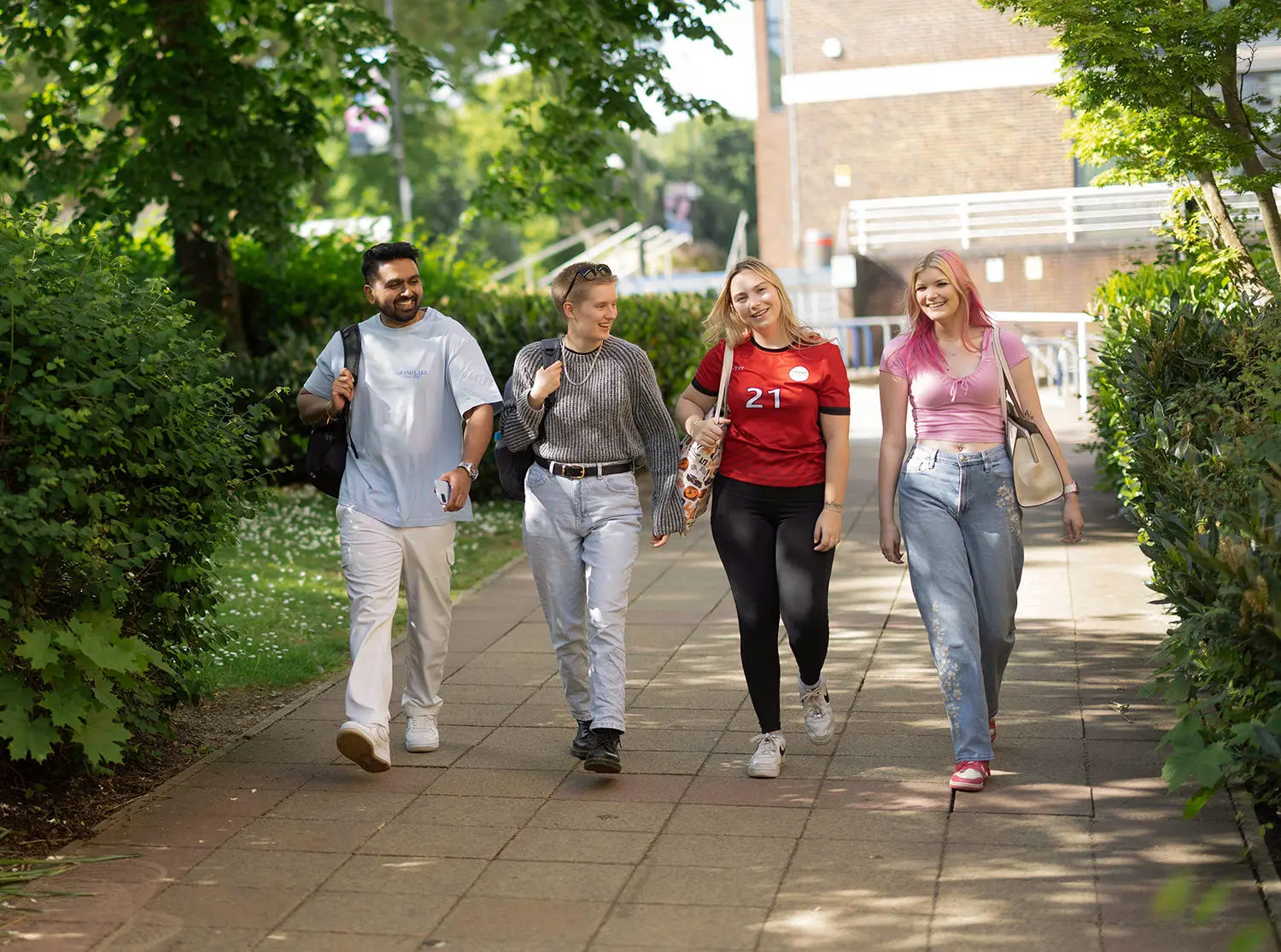
You will be guided through progressive depths of detail pertaining to the musculoskeletal (MSK) and nervous system, including that of the upper and lower limbs, and an introduction to the anatomy of the spine.
This module will provide you with the knowledge and understanding of the basic management of assessing soft tissue injuries, how to perform a subjective and objective assessment and acknowledgment of red and yellow flags and contraindications to massage and soft tissue interventions.
This module aims to introduce you to the role of the Sports Therapist in the clinical assessment and treatment of lower limb injury. You will learn how perform a structured examination of the hip, knee and ankle, applying relevant anatomy, physiology and biomechanics to clinical findings.
In this module you will develop an understanding of the physiological and psychological principles that underpin effective coaching and training, including skill acquisition, motivation, feedback, and human body systems.
This module will provide you with the knowledge, understanding and ability to provide safe and effective assessment of the wrist, elbow and shoulder. It will also provide you with the knowledge and understanding of occupational and sporting injuries including some treatment techniques.
Within this module you will be given the opportunity to design and run injury rehabilitation sessions which are designed to enhance a patient’s recovery through the use of real-world case studies.
This module will build on your knowledge of human anatomy and movement pertaining to the axial skeleton and neuromusculoskeletal structures of the cervical, thoracic, and lumbar spine.
The module explores a wide range of rehabilitation modalities - including injury prevention strategies, hydrotherapy, recovery methods, and training approaches - encouraging students to evaluate their theoretical foundations and practical application within contemporary sport and exercise therapy practice.
This module integrates biomechanical principles, strength and conditioning methods, and screening and monitoring strategies to prepare students for professional practice in both clinical and sporting environments.
Through this module students will learn to recognise traumatic injury mechanisms, conduct structured primary and secondary surveys, and provide safe, timely interventions for airway, breathing, circulation and neurological compromise.
Students will practise safely and ethically by recognising risks to athlete and therapist welfare, applying The SST standards of conduct, performance and ethics, and working within the professional scope of a Graduate Sports Therapist across diverse and specialist populations.
In this module students will explore a range of topics related to sport and exercise medicine/science and narrow to an individual project. Assessment tasks will mimic tasks expected of budding practitioner-researchers, preparing them for real-world tasks.
Contact international admissions
Email: Call:As part of this course, you will study one module at a time, giving you the chance to build a deeper understanding and see the results of your hard work more quickly. With regular assessments and feedback, rather than exams all at once, you’ll also benefit from improved focus, and a more manageable workload.
Learn more about block teaching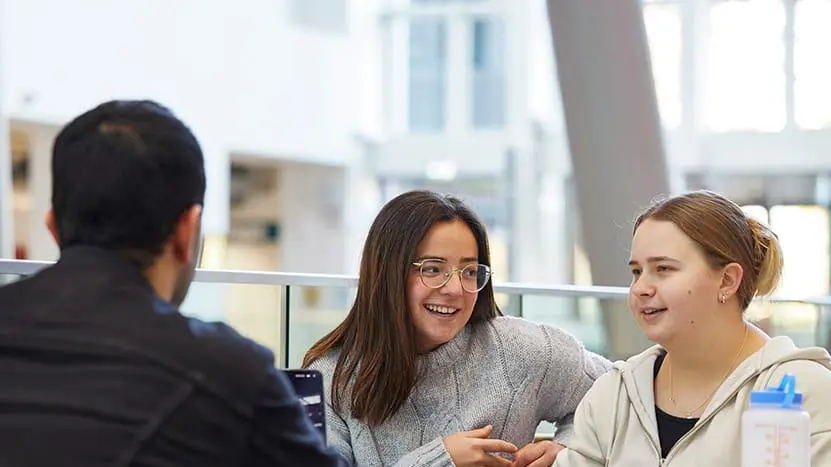
The student achievement team are on hand to help you succeed during your studies at Solent. They aim to contact you at key times during your time here with personalised information, advice and guidance, by email or phone.
The disability advice team provides information, advice and guidance for disabled students.
All students can access Succeed@Solent, Solent's online guide to getting better grades. It offers extensive, practical information and advice on topics such as academic writing, research and presentations.
You'll have the opportunity to acquire industry-specific fitness (REPs) and discounted coaching (NGB) qualifications as you study. The broad, practical subjects you’ll study will help build a strong foundation for an exciting career.
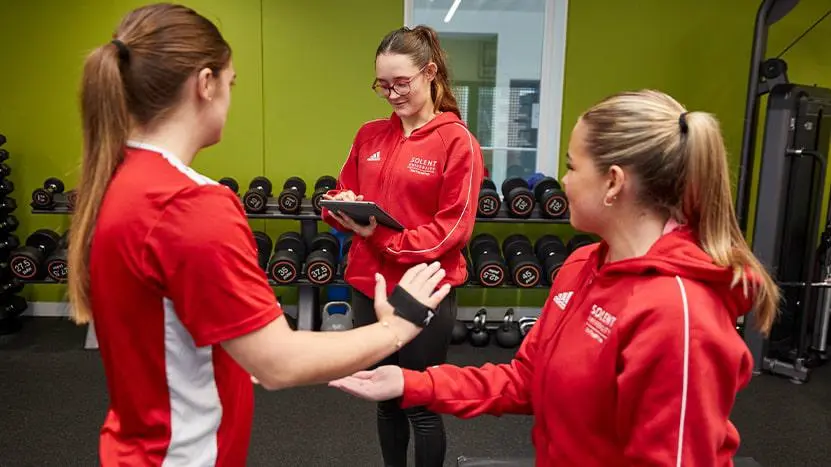
Per hour: £20 to £40
Freelance personal trainers can expect to earn between £20 and £40 an hour. Some locations and high-profile clients make it possible to earn up to around £50 to £75 per hour. A full-time personal trainer with a good client base may be able to achieve an annual income of circa £30,000 to 40,000 depending on experience and location.
Typical salary: £30,000
If you work in a clinic, salaries start at around £18,000. With experience this can rise to in the region of £30,000. Work within the private sector typically pays more and you could earn £40,000 to £45,000 in some private clinics or with professional teams.
The stated salaries are published on prospects.ac.uk. Income figures are intended as a guide only.
Hear from Solent alumni about where their careers have taken them and how studying at Solent prepared them for their future.

“I never imagined I’d be stepping into professional sport straight out of uni. It's an achievement I’m very proud of.”

The Solent Careers team is committed to getting students into great careers.
While you are studying, the team can help you with finding work experience or placements, link you with a mentor, check your CV, or offer one-to-one guidance.
We also have graduate job opportunities just for Solent graduates.

6th
UK uni for sustained employment
Longitudinal Educational Outcomes, 2022
Every student at Solent University will also have the option to study an additional Certificate in Practical Artificial Intelligence qualification alongside their course. Free of charge, the course ensures you'll be prepared for a fantastic and varied career after graduation.

Thinking about studying further than an undergraduate degree? Alumni can get 20% off their postgraduate study.
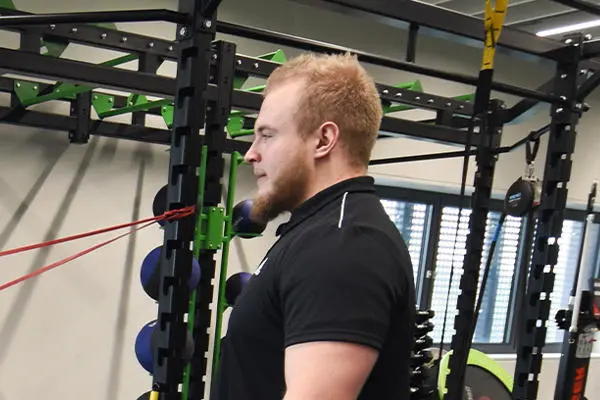
Explore the science behind physical health and exercise and the impact it has on individuals with clinical disease on this industry-led, practical course.
Find out more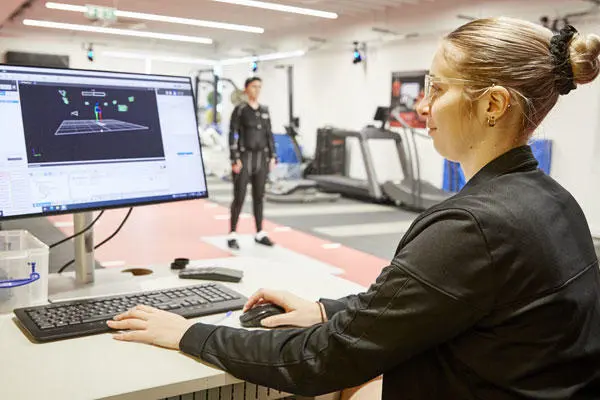
Learn to develop and apply your sport and exercise therapy, physiotherapy, or sports rehabilitation expertise to work with injured and non-injured athletes across all sports.
Find out moreThe tuition fees for the 2026/27 academic year are:
For further information, please visit our tuition fees page.
While most course costs are covered by your tuition fees, some essential resources and optional extras may need to be paid for separately. These additional costs are listed below. For advice on budgeting and managing your money, please contact student.funding@solent.ac.uk.
The 2026/27 additional costs are not yet available. For guidance, previous additional costs have been:
Compulsory costs
Optional costs
Solent University offers a range of bursaries and scholarships that provide financial assistance or waive fees for tuition or accommodation. Each bursary or scholarship has specific eligibility criteria. Check out our bursaries and scholarships pages to find out more.
Cost of living support
At Solent, we understand that the cost of living crisis may be of some concern. To help, we've put together some detailed information to show what support is available and how to make your money go further.
Graduation costs
There is no charge to attend graduation, but you will be required to pay for the rental of your academic gown (approximately £45 per graduate, depending on your award). You may also wish to purchase official photography packages, which range in price from £15 to £200+. Graduation is not compulsory, so if you prefer to have your award sent to you, there is no cost. Extra guest tickets will go on sale after results publication and will be sold on a first-come-first-served basis. The cost per ticket is currently £20. Please note, we do not guarantee there will be any extra tickets available to purchase.
Contact international admissions
Email: Call:Please select an option below:
As a general guide, we look for qualifications that are equivalent to the British high school A-levels.
If you are applying from outside the UK, find information about entry requirements, visas and agents for your country here.
For further information about EU qualifications, please see our course entry requirements document.
As a general guide, we look for qualifications that are equivalent to the British high school A-levels.
If you are applying from outside the UK, find information about entry requirements, visas and agents for your country here.
For further information about international qualifications, please see our course entry requirements document.
All international applicants need to be aware that the English language requirements to attend Solent University, and the English language requirements to obtain a visa from the Home Office, may be different. This means that if you meet the Solent University language requirement to gain a place on the course, you may still have to meet additional requirements to be granted with a visa by the Home Office.
We strongly advise all applicants to visit the Home Office website which outlines all the requirements for a successful visa application.
Full-time
Any student applying for the first year of a full-time/sandwich undergraduate course must apply through UCAS (University and Colleges Admissions Service). This includes mature, overseas and EU students.
Nearly all schools and colleges offer their students the facility of applying electronically through the UCAS website using 'Apply'; it may also be used by those applying independently in the UK and overseas. This facility and all course information can be found on the UCAS website: www.ucas.com.
Your application should reach UCAS by 31 January if you hope to enter a course the following autumn. Early application is advised for the most popular subject areas. Late applications may be made until the end of June. The UCAS Code for the University is S30, code name SOLNT.
Find out what happens after you apply
Contextual offers
Solent endeavours to offer learning opportunities to students from all backgrounds. When we receive and review an application, we take into consideration the context and personal circumstances of applicants when making a decision, which means our advertised entry tariff could be reduced.
Find out more about Solent's contextual offers
Applicants who do not have English as their first language will be required to demonstrate an approved level of proficiency in the use of the English language. The agreed minimum requirements for this course are:
TOEFL IBT tests taken prior to 21 January 2026
TOEFL IBT tests taken from 21 January 2026
Qualifications are checked before enrolment, and international students must bring their original certificates or certified copies when coming to study at the University.
Pre-Sessional English programme
The University also offers a pre-sessional English programme for international students who wish to improve their level of English before starting a degree course.
Contact international admissions
Email: Call: